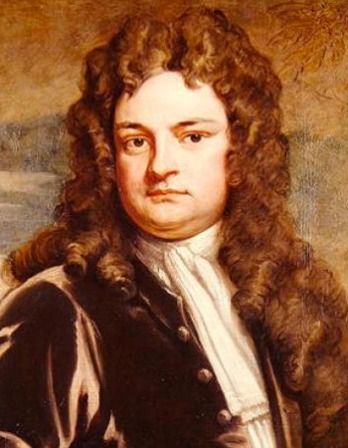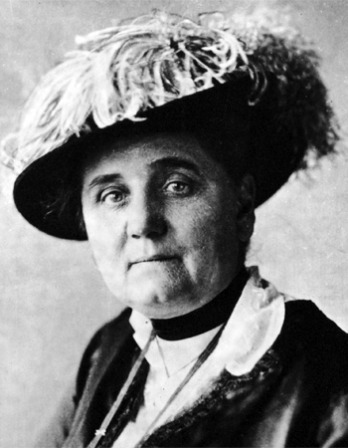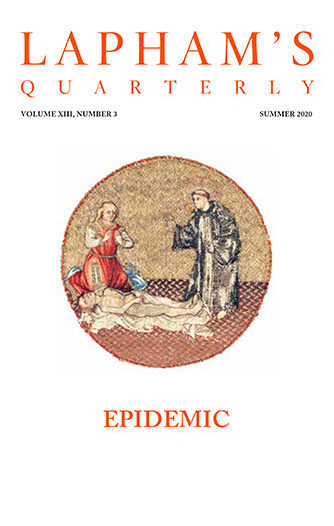Nature, for the wisest purposes, has rendered in most men, perhaps in all men, parental tenderness a much stronger affection than filial piety. The continuance and propagation of the species depend altogether upon the former and not upon the latter. In ordinary cases the existence and preservation of the child depend altogether upon the care of the parents. Those of the parents seldom depend upon that of the child. Nature, therefore, has rendered the former affection so strong that it generally requires not to be excited but to be moderated, and moralists seldom endeavor to teach us how to indulge, but generally how to restrain our fondness, our excessive attachment, the unjust preference which we are disposed to give to our own children above those of other people. They exhort us, on the contrary, to an affectionate attention to our parents and to make a proper return to them in their old age for the kindness which they had shown to us in our infancy and youth. In the Decalogue we are commanded to honor our fathers and mothers. No mention is made of the love of our children. Nature had sufficiently prepared us for the performance of this latter duty. Men are seldom accused of affecting to be fonder of their children than they really are. They have sometimes been suspected of displaying their piety to their parents with too much ostentation.
From The Theory of Moral Sentiments. Smith was briefly kidnapped by gypsies at the age of four. One of his biographers later observed, “He would have made, I fear, a poor gypsy.” Publishing Moral Sentiments in 1759, he was later elected to the Royal Society, becoming acquainted with Edward Gibbon. In 1776 the latter published the first volume of Decline and Fall on February 17, and less than a month later Smith published The Wealth of Nations; in another five months “The Declaration of Independence” was written and signed.
Back to Issue




